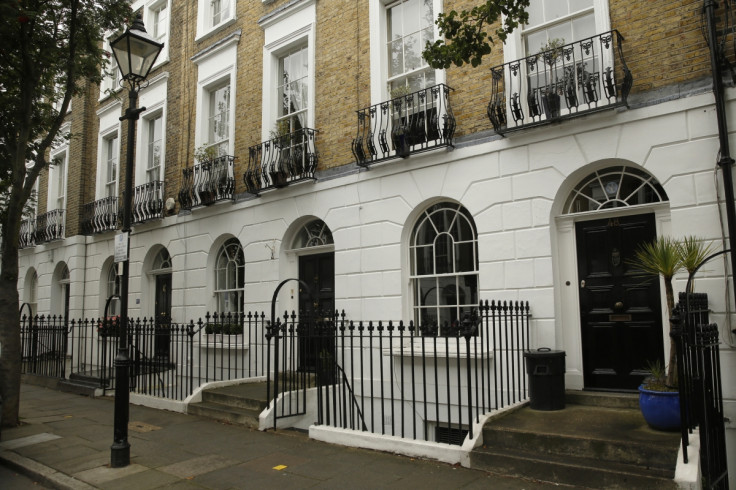Overseas landlords snub British property market as tax hikes bite
The amount of foreign property investors has fallen by more than half in seven years.

The proportion of overseas-based landlords who own homes across Britain has slumped to a seven-year low, said the country's largest letting agent.
Countrywide - which lets 90,000 properties - said just 5% of British properties now have overseas owners, compared with 12% in 2010.
Foreign investors have previously been blamed for pushing up house prices, particularly prime properties in London and the South East. Prime properties are defined as homes priced at £1m ($1.3m) and above.
But now overseas landlords have been put off by higher tax bills and lower expectations of house price growth in the capital, which until recently had boomed for several years.
One in 20, or 5%, of homes let in Britain is owned by overseas landlords, according to data from the letting agent.
This is the lowest proportion on its records going back to 2010, when overseas landlords owned one in eight, or 12%, of let properties.
Across the country, London still has the biggest concentrations of overseas-based landlords, accounting for around one in 10, or 11%, of let homes there in 2017.
However, the capital has seen a particular drop-off in the proportion of overseas landlords. According to Countrywide's data, in 2010, more than one in four, or 26%, of properties were owned by landlords based overseas.
Brexit did not attract buyers
The biggest fall in foreign ownership in London has been amongst Europeans. In 2010 they made up 39% of foreign investors, but they now account for 28%.
Asians, including those from Hong Kong, have taken over as the biggest London buyers.
Following the vote to leave the European Union last June, many had though that falls in sterling would attract more foreign investors – as the price of property in Britain would look more attractive.
However, last year also saw a stamp duty hike for people buying second homes, including buy-to-let investors, among other tax changes for landlords which could potentially eat into their profits.
Investors who already own a property have had to pay a 3% surcharge on stamp duty since April 2016.
And since April 2012, companies buying property in the UK have also been liable for the annual tax on enveloped dwellings. Overseas-based landlords have also seen the removal of capital gains tax exemptions in 2015.
Recent house price studies have shown a slowdown in the growth in property values in London, which had previously been driving the market with strong price increases. In recent months, other major regional cities such as Manchester have been powering ahead.
Johnny Morris, research director at Countrywide, said: "The growth of the private rented sector since 2010 has not been driven by overseas investors.
"A steady increase in foreign investors' tax bills combined with more recent falling expectations of price growth in London has led to a decline in foreign investment in buy-to-let."
© Copyright IBTimes 2025. All rights reserved.






















